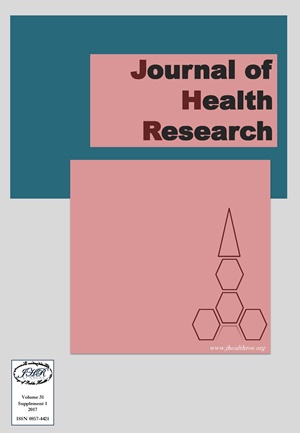HIV/AIDS Knowledge, Attitudes and Practices among Women in South Sudan Based on Multiple Indicator Cluster Survey, 2010
Keywords:
HIV/AIDS, Knowledge, Attitudes, Practices, Women, South SudanAbstract
Background: Knowledge, attitudes and practices are basic foundations of prevention and control of Acquired immune deficiency syndrome (AIDS) disease. The aim of this study was to assess Human Immune Virus (HIV)/AIDS knowledge, attitudes and practices and factors associated among women at reproductive age in South Sudan.
Methods: This study was a secondary data analysis based on the South Sudan multiple indictor cluster survey (MICS)of 2010 for South Sudan, data from 9069 women of 15-49 years were used. Descriptive statistics, chi-square and binary Logistic regression were used to assess factors associated with practices and then more analysis was performed to assess factors associated with knowledge and attitudes.
Results: Nearly half (46.0%) of respondents had never ever heard about AIDS disease, and misconception about transmission routes were reported. Majority of respondents were having low level of HIV/AIDS knowledge (63.1%) and negative attitude (72.4%), and risky sexual behavior (96.3%). Factors associated with practices were residence area, education level, wealth index, and attitudes. Participants who live in urban were 1.6 time likely to have safe practices more than who live in rural (OR = 1.6). Those who attended secondary school were 4.4 time likely to have safe practices (OR = 4.4), and who were at richest wealth index level were 1.9 time likely to practice safe practices than who had poorest wealth index (OR = 1.9). Participants with positive attitudes were 1.8 time likely to have safe practice more than who have negative attitudes (OR =1.8). Factors associated with knowledge were; residence area, education, wealth index and attitudes. Respondents who were living in urban area (OR=1.3), attended school (OR= 1.3), having wealth index richest level (OR = 1.5) and positive attitudes (1.5) were more likely to have correct information about HIV/AIDS transmission routes and prevention methods. P-value <.01. Attitudes associated with residence area (OR = 1.5), education (OR =3.1), wealth index (OR = 2.5), and knowledge (OR = 1.5). Participants who live in urban, attended school, having wealth index richest level, and moderate/high HIV/AIDS knowledge level were likely to have positive attitudes toward people living with HIV.
Conclusion: Majority of study group were having low knowledge of HIV/AIDS, and negative attitude and risky practices. Therefore, reinforcement and expanding of HIV/AIDS prevention and control policies are needed at community level.







